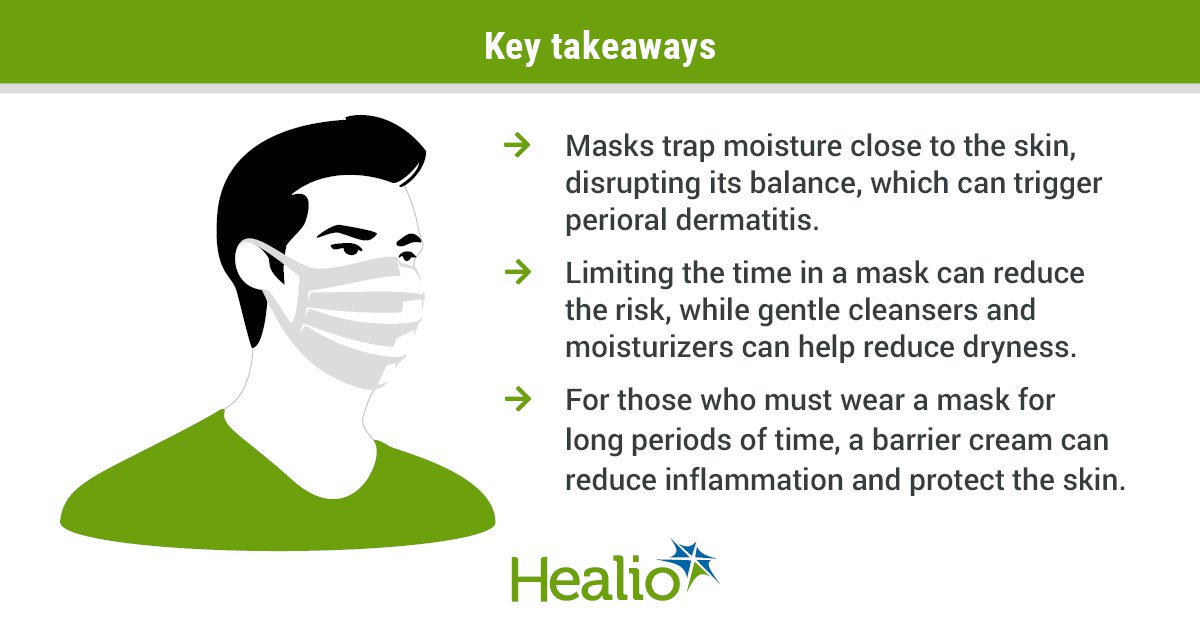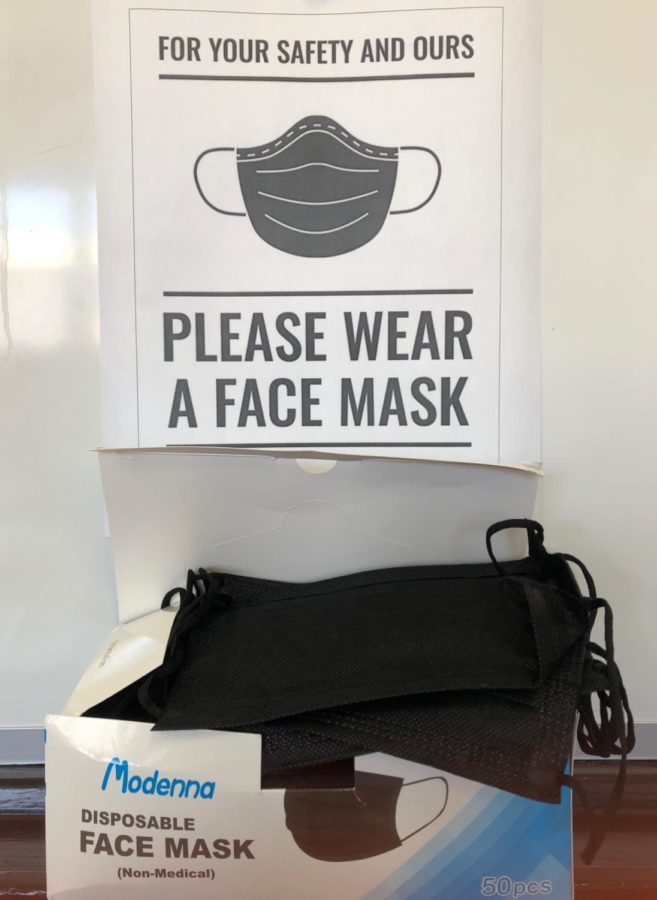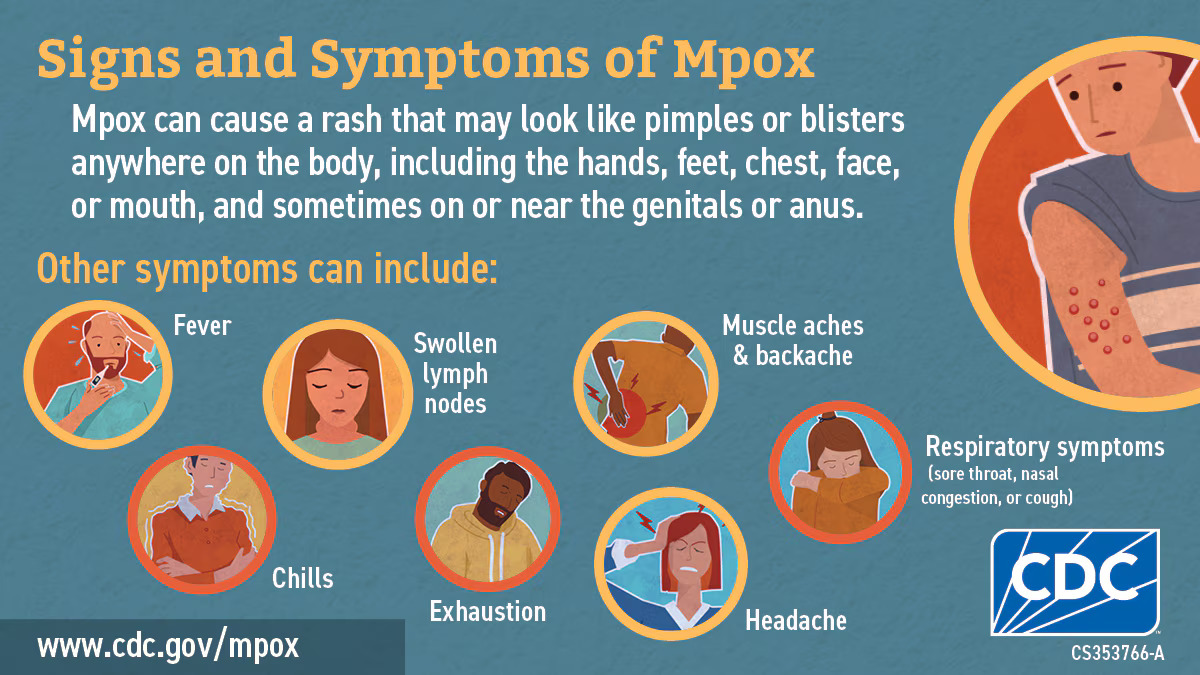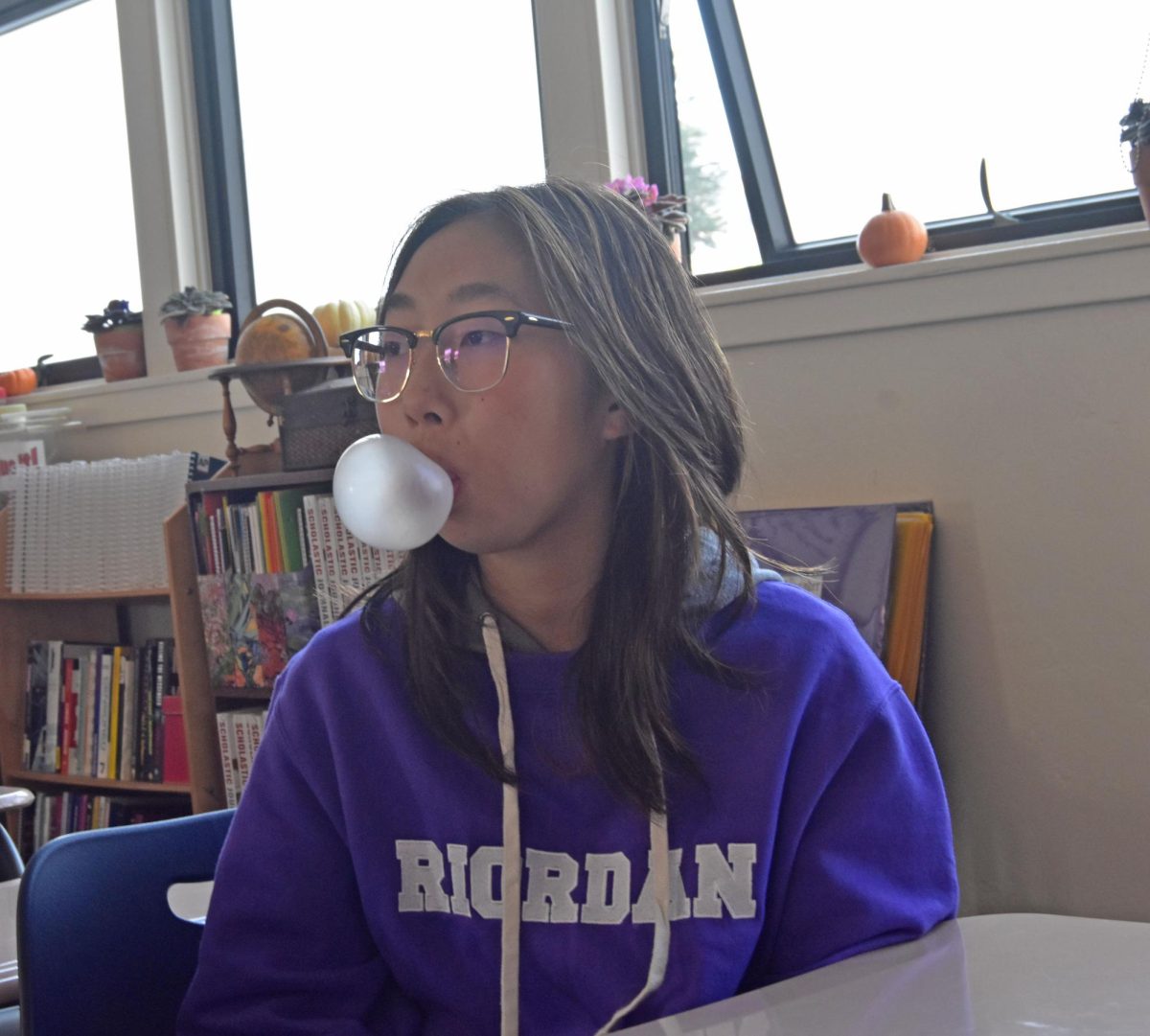With the Coronavirus spreading, which requires people to wear masks, an unwanted side effect has arisen: maskne, acne caused by regularly wearing a face mask.
Maskne can usually be found along the cheeks or jawline because this where the mask usually touches on the skin. There are multiple variables that go into getting acne, and masks can make a big difference. It’s easy to get maskne because of the environment and with humidity, as it can get really warm, causing sweat.
Although most people are wearing masks regularly when going outside, there are some alternatives and different ways to prevent maskne.“I wash my mask every day when I get home or use a different mask that’s washed,” explained Carly Guevarra ’23.
There are now brands that create anti-acne materials such as Silvon. Silvon is a brand that creates anti-acne masks, but they also have pillowcases, sheets, and towels that help with clearer skin results.
Although students are not happy having to deal with maskne, Joseph Tiongco ’23 said, “We have to stay consistent with what we’re doing and we will benefit from it later on.”













